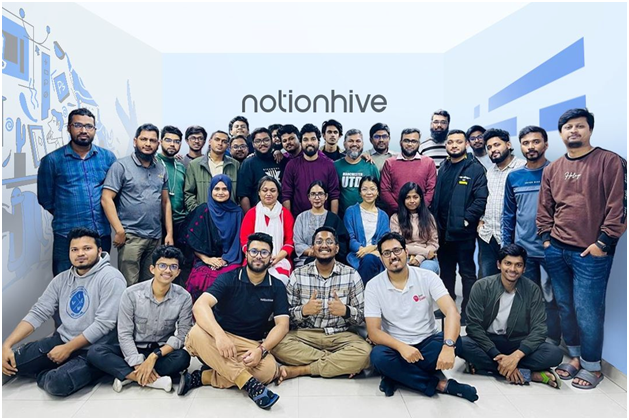UCEP Bangladesh organised a virtual ceremony titled “Partnership Celebration” between UCEP Bangladesh and the Foreign, Commonwealth and Development Office (FCDO) Bangladesh on the completion of the YES4Growth project (2016-2020) and to celebrate the long-term support of the people of the UK and its government on Thursday.
The YES4Growth project provided second chance education to poor and disadvantaged children, decent work to youth from similar backgrounds through technical vocational education & training, skills and entrepreneurship development, access to quality higher technical education and capacity development to professional and institution in the sector. The project focused on social inclusion so prioritized services to the poor, females, people with disabilities, social and occupational minorities. The project contributed greatly to address the skills shortage of the country and develop the much-needed skilled human resources to strengthen the economy. The project was implemented in Dhaka, Jatrabari, Chattogram, Khulna, Barisal, Sylhet, Rajshahi, Rangpur, and Gazipur.
The event was chaired by Ms. Parveen Mahmud FCA, Chairperson, UCEP Bangladesh. Md Rashadul Islam, Director General, NGO Affairs Bureau was present as the Chief Guest while Judith Herbertson, Development Director, FCDO Bangladesh, was the guest of honour.
Representatives of the government, development partners, the private sector, UCEP Bangladesh’s Board of Governors and Association members and staff attended the event virtually.
During the session, Rashadul Islam said, “UCEP Bangladesh has been fortunate to get the long-term generous support of the UK Government for more than three decades supporting the children, youth, and adults from disadvantaged communities.”
Judith Herbertson, Development Director, British High Commission in Bangladesh, said “Over the years we are delighted to have been able to support some 145,000 Bangladeshi children to access education, 65,000 young people to receive technical and vocational skills training, and 42,000 to secure decent jobs and apprenticeships.
“Our partnership has played an important role in increasing female participation, particularly in technical education. 39% receiving technical education were young women – significantly higher than the national average at 25%. This partnership has brought many positive changes in graduates’ incomes and living conditions by offering quality education and market-oriented skills. I am happy to see the graduates’ incomes increased by up to 300% after training; and their career progression has been faster than unskilled workers in the same industry. I am proud that the UK has ensured a route to an economically viable future for a large group of young people across the country.”
Tags :













0 Comments